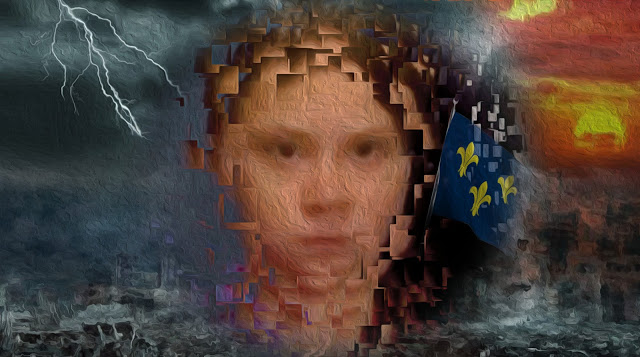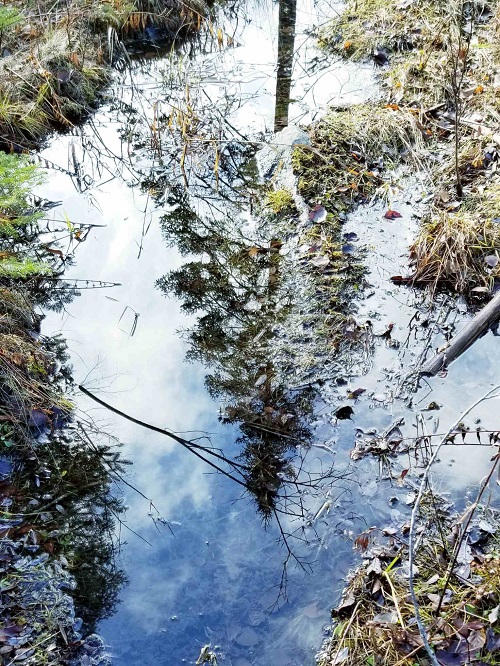Social media such as Facebook give you access to their services for free. How can they afford to do this? By keeping track of every click and every “like,” down to minute details of your online behavior. If you have an account on Facebook, for example, it has a secret profile on you. Its algorithms use this profile to target you with information or advertising that you are likely to like, or respond to in some way.
You may be using the free services of Big Tech to make personal connections with family and friends, or your quilting group, or whatever – no problem there. But the hidden system of algorithms can do a lot of damage to community connections, because they foster the growth of all kinds of social bubbles. Some of these bubble-groups connect people who share a hatred or distrust of other groups. They might be white supremacist or male supremacist or anti-immigrant or anti-government groups, and they include members who get their identity from the exclusion of other groups.
Big Tech systems don’t do this intentionally, but they can’t prevent the rise of hate groups on their platforms either, because they have a vested interest in the targeted advertising which depends on the automatic algorithms that grow these bubbles. Those algorithms can turn online communities into “echo chambers” where people reinforce each other’s distrust of “mainstream media,” or the public health system, or the scientific consensus on climate, and amplify each other’s hatred of others.
These groups are held together not only by shared beliefs (often conspiracy theories), but also by their refusal to connect with outsiders. They don’t trust information or opinions coming from outside the bubble, and where there’s no trust, there’s no genuine connection. This leads to polarization and fragmentation of communities. I’ve written about this before in my online book and blog, drawing on a wide range of sources, so i won’t go on about it here.
Turtle Island, including this Island (M’nidoo), has been colonized by invaders from Europe for over 500 years now, and Indigenous people are well aware of the effect of colonialism on them, up to and including genocide. The settlers who are descendants of those invaders, and of other immigrants like my own ancestors, are slowly becoming aware of that shameful history of colonialism. But we don’t yet see clearly how the Internet has been colonized by Big Tech and its algorithms. The effects of that are more subtle and less visible than the 500-year invasion, but they affect billions of people today. We know that they can be used to misdirect our attention and interfere with democratic elections, and that will continue as long as they are profitable for the owners and their wealthy advertisers. That’s the hidden cost of using the “free” services of Big Tech.
In order to make healthier and deeper connections within and between our communities, we need to decolonize the Internet by the way we use it. That’s not always easy. You can quit social media platforms such as Facebook if you want, and use email instead to make connections with people beyond your local neighbourhood. But it may be harder to avoid Microsoft or Apple or Google. Resilient Manitoulin itself is a Google group, because Google groups are free and convenient and easy to create. Likewise you can put your amateur video online for free using YouTube, which is owned by Google. I did that myself two years ago, trying to connect with Northern Ontario people interested in owning an EV (electric car).
But there are other ways of using the Internet for community connections without depending on Big Tech, and without spending a lot of money. My next post will look into some of those.

